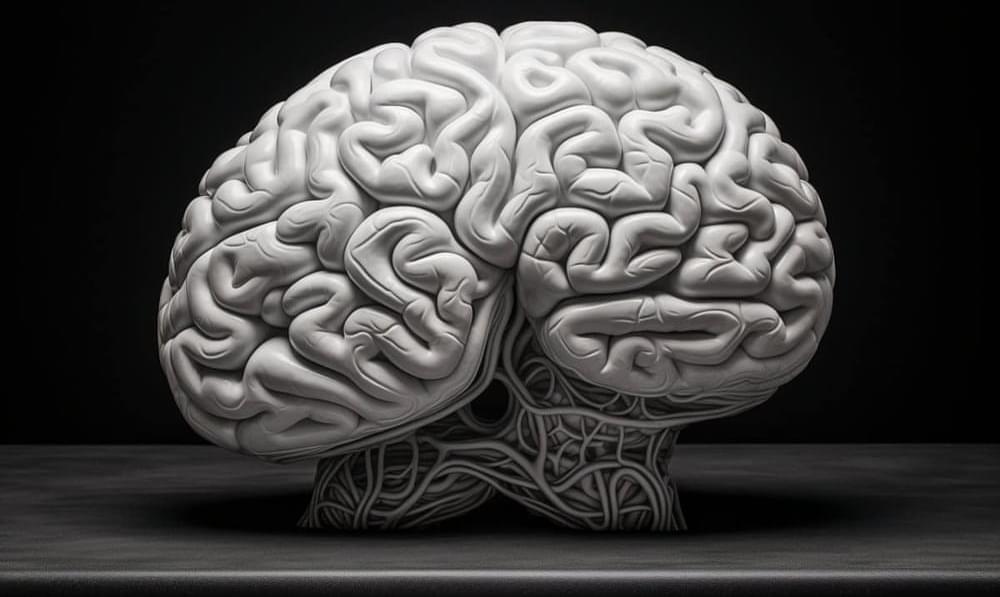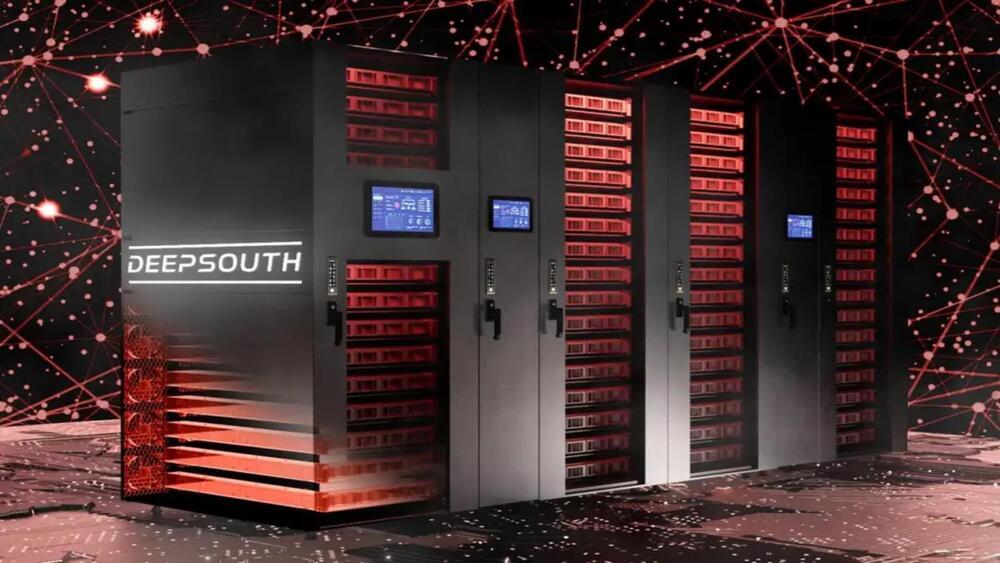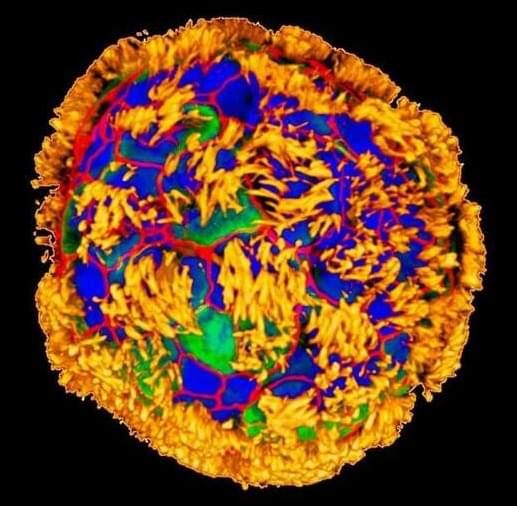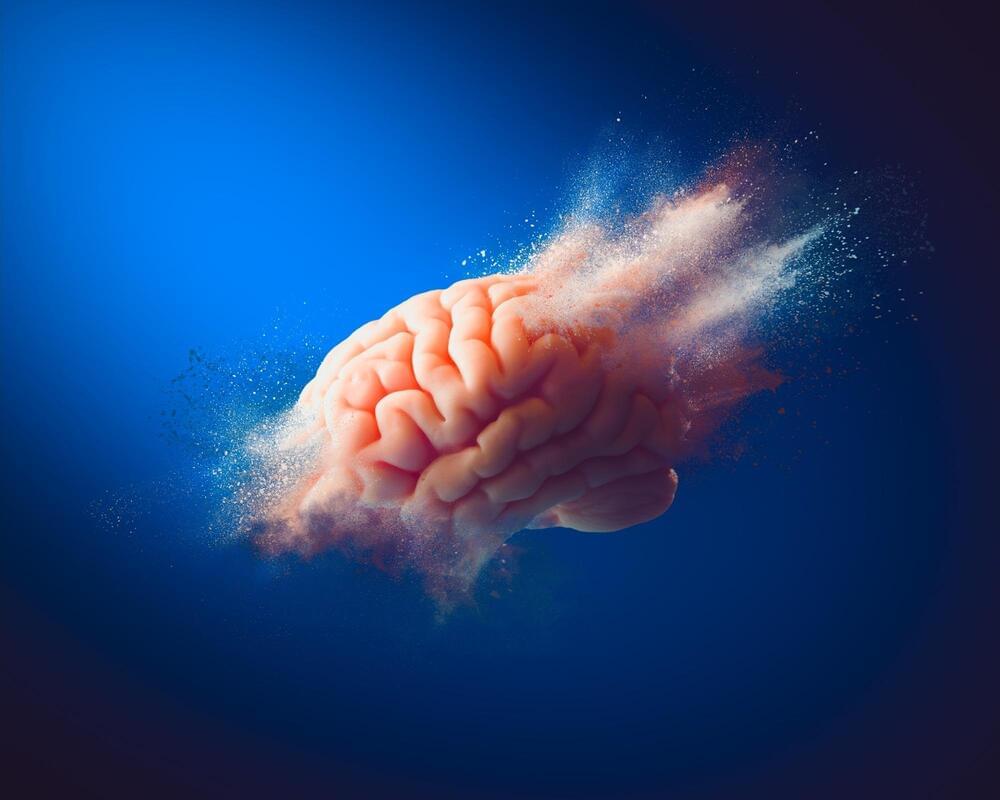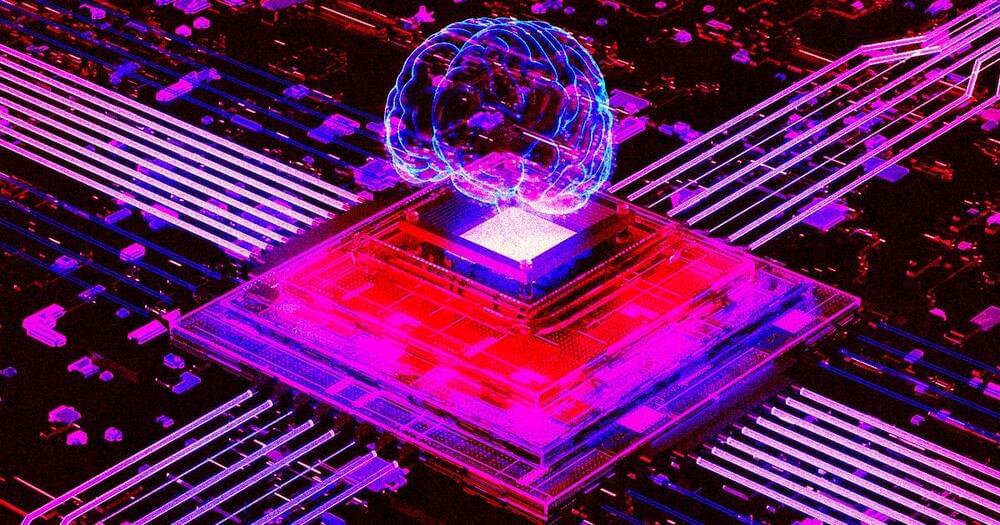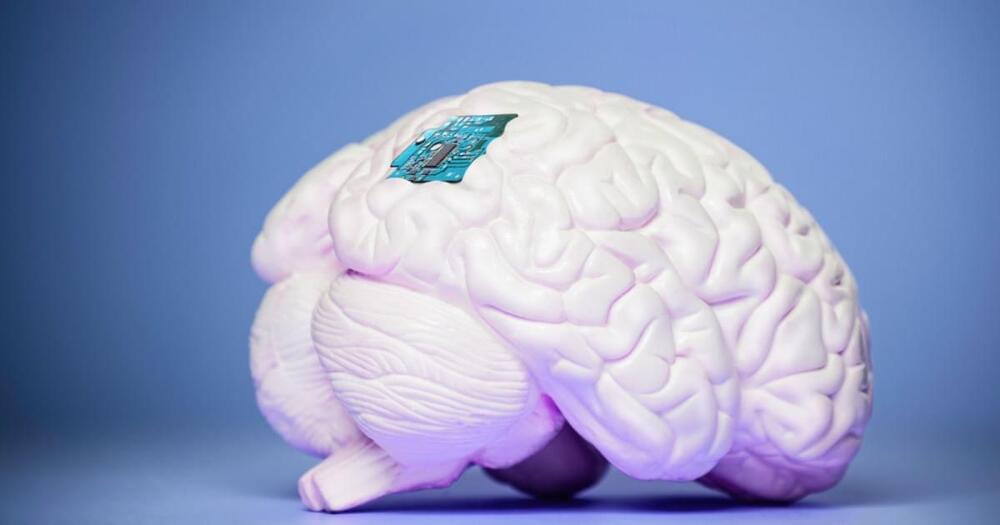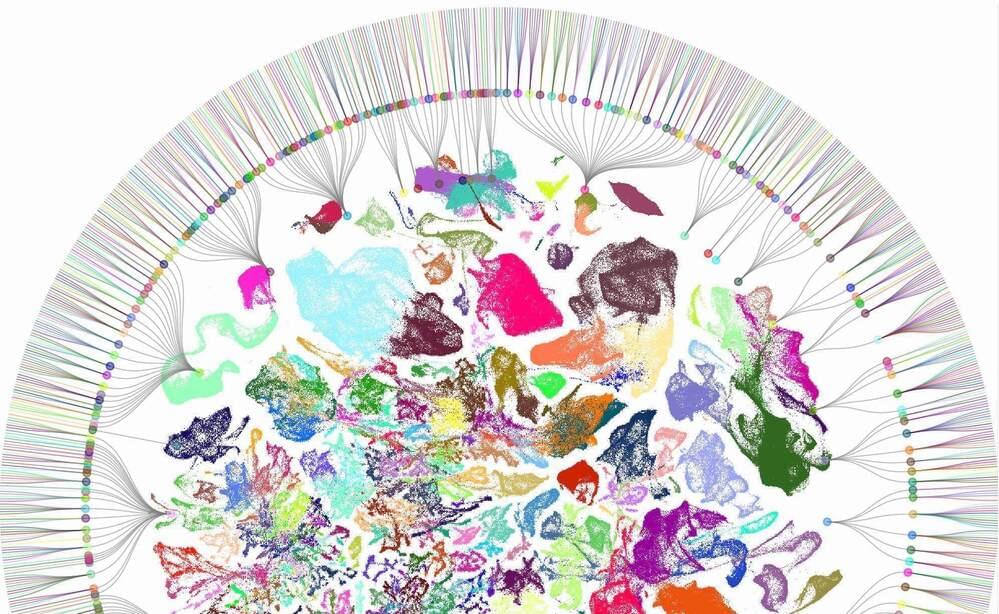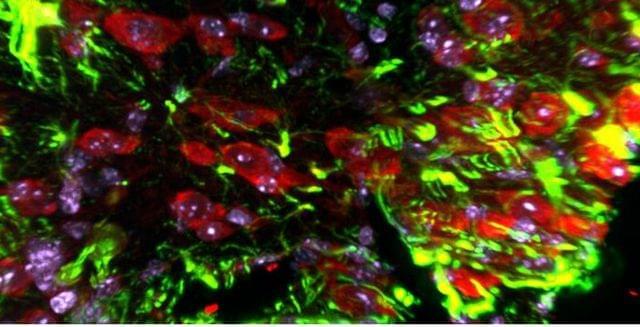Dec 14, 2023
Complete Cell Atlas of a Mammalian Brain Unveiled
Posted by Jose Ruben Rodriguez Fuentes in categories: genetics, neuroscience
Summary: Researchers achieved a groundbreaking feat by creating the first complete cell atlas of a mammalian brain, specifically a mouse. This comprehensive map details over 32 million cells, their types, locations, molecular information, and connectivity.
The atlas offers an in-depth look into the mouse brain, a crucial model in neuroscience, and lays the groundwork for advanced treatments for mental and neurological disorders. It encompasses structural, transcriptomic, and epigenetic data, providing a blueprint for brain circuit operations and functioning.
